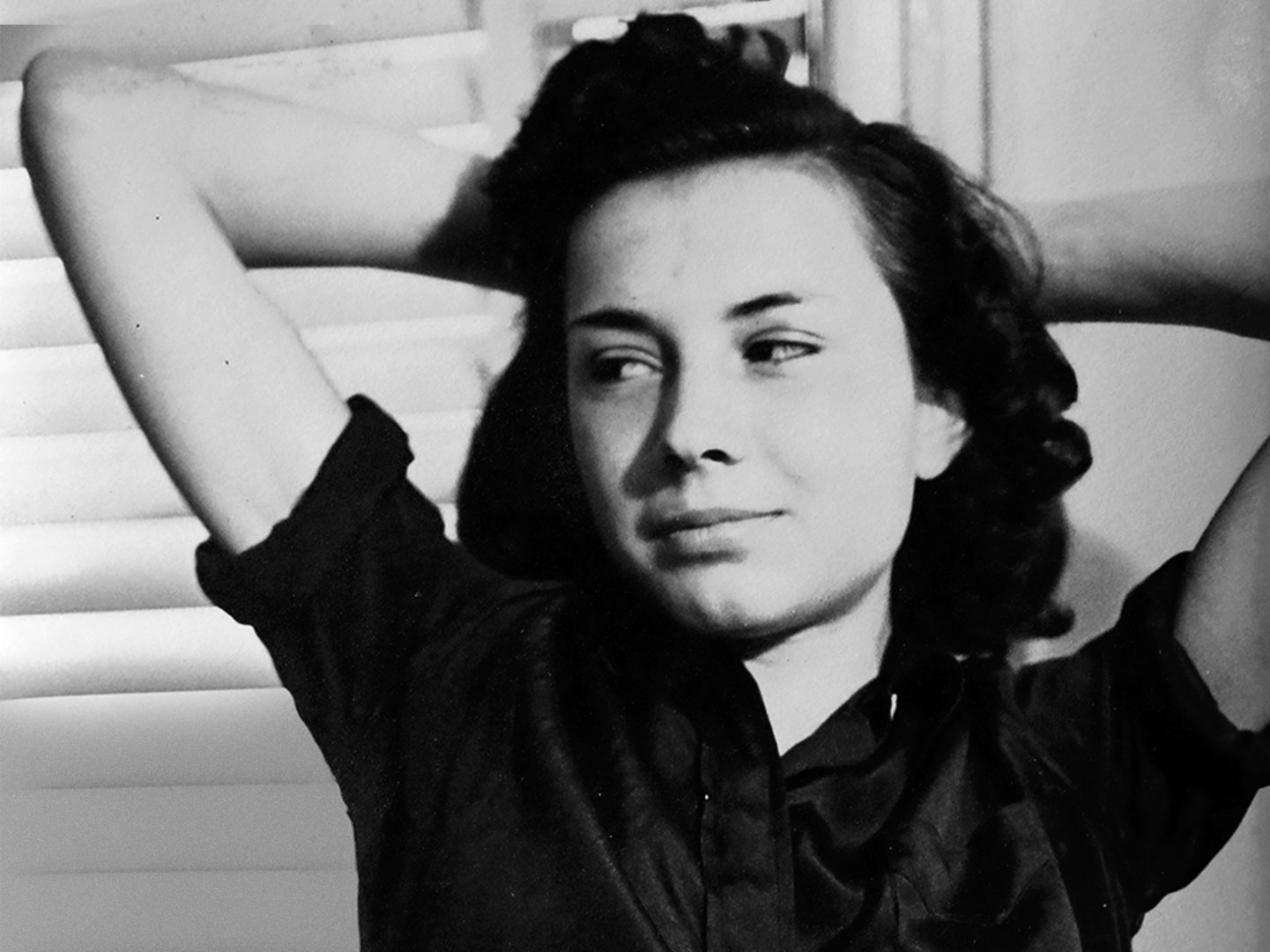“My life is a chronicle of unbelievable mistakes.” So writes Patricia Highsmith, the acclaimed author of Strangers on a Train, The Price of Salt, The Talented Mr. Ripley, and many more. Loving Highsmith, directed by Eva Vitija, is a nifty chronicle of Highsmith’s turbulent life, anchored primarily by her own diary entries, television interviews, and the recollections of past lovers. It is, above all else, a fascinating window into the personal and creative life of a queer woman constantly rebelling against the restrictive social norms of her time while trying to decipher what kind of person she is herself. As Highsmith writes: “I am the forever seeking.”
English actress Gwendoline Christie voices Highsmith’s diary entries with appropriately calm intensity. She was an enigmatic persona: often progressive in her worldviews, yet frequently vicious in her observations of others. She was raised in Texas under the vast shadow of prejudice by her family, including a mother she loved dearly who did not love her back and would vocalize the sentiment. At a young age she was moved to New York City. Following the early success of her debut novel Strangers on a Train, Highsmith followed it up with a novel about a lesbian relationship. Worried about writing “a woman’s book” and the stigma of that subject matter (not to mention reactions of her family), she had the work (then titled The Price of Salt) published under the pseudonym “Claire Morgan.” It would be the only “woman’s book” she would ever publish.
Not unlike her most famous character Tom Ripley, Highsmith hid much from many. She wrote books about men because that’s what people wanted to read. She spent her life with women—for as long as she could stand being with another person. By the end of her life she lived in solitude, fonder of her pets than anything or anybody else.
Vitija is clearly determined to examine those women she did love, or at least tolerated for a time, and what they thought of Highsmith in return. Fellow writer and ex-flame Marijane Meaker speaks fondly of Highsmith while acknowledging her vicious alcoholism and tortured past. Monique Buffet, who entered into a relationship late in the author’s life, recalls a small measure of peace. At Highsmith’s late age, she seemed to settled into it all a bit more than before.
Little is made of the prejudices Highsmith would succumb to herself, especially in her later years—antisemitism chief among them. While acknowledged, it’s fleeting and a bit hard to swallow. There’s also some contextual b-roll that feels more distracting than engaging. And yet the insights are both lovely and tragic. What a mind this woman had. What a voice. When asked by one interviewer what’s next for Ripley and if he’ll finally get caught, Highsmith wryly answers: “He’ll always get away with it.” One gets the sense that she had hoped the same fate for herself, knowing it was an impossibility.
Loving Highsmith is now in theaters.

